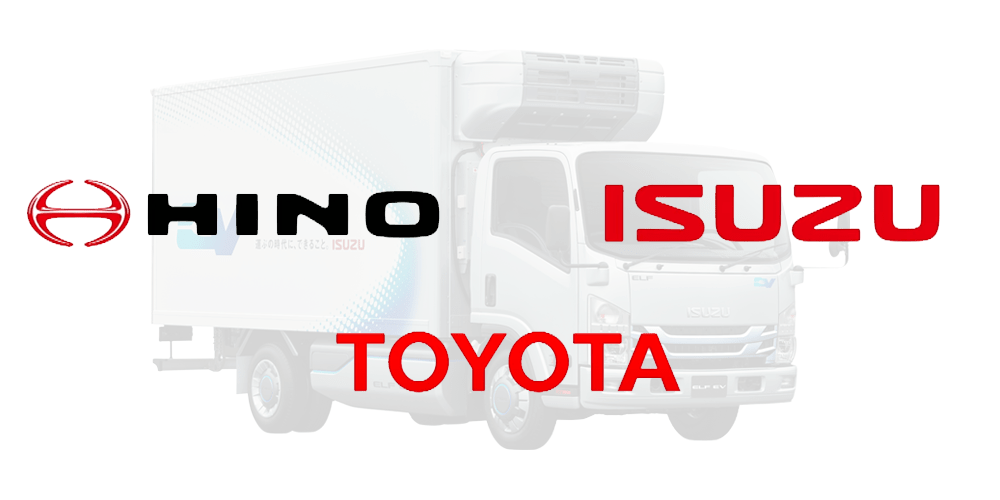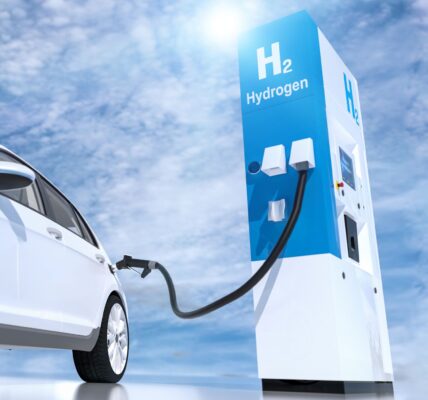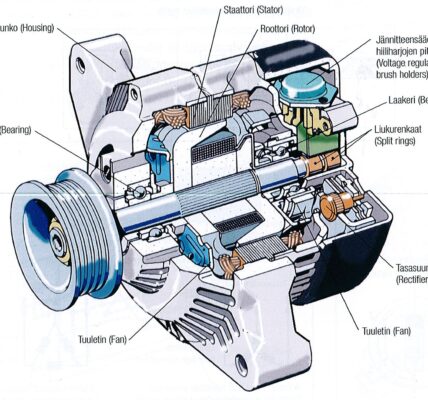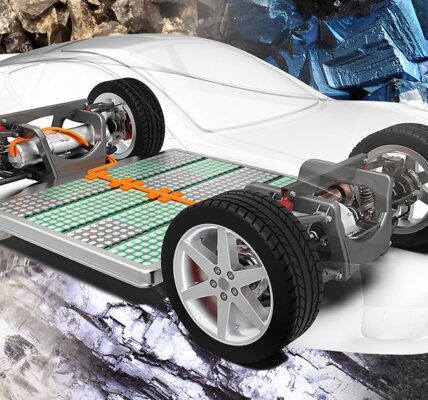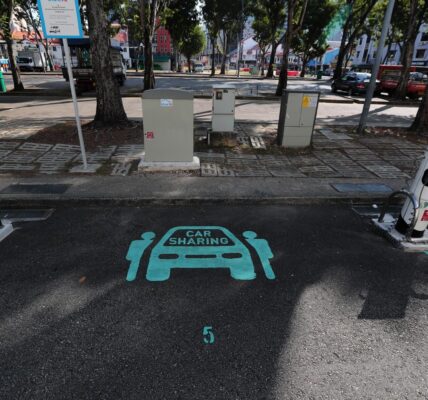The Japanese manufacturers Toyota, Hino and Isuzu want to establish a new joint venture on 1 April to promote so-called CASE technologies (Connected, Autonomous, Shared, Electric) in the commercial vehicle sector. Unsurprisingly, this also involves electric drive systems.
Basically, the goal is to address various challenges in the transport sector and to achieve CO2 neutrality, as Toyota states. In the field of electric mobility, the new joint venture called Commercial Japan Partnership Technologies Corporation, which is 80 per cent owned by Toyota and ten per cent each by Hino and Isuzu, aims to jointly develop BEV and FCEV commercial vehicles.
The electric platforms and autonomous driving technologies are to focus on the small commercial vehicle sector. According to the Toyota announcement, the main aim is to reduce the cost of the vehicles.
The three companies are aware that developing the vehicles themselves is not enough. Therefore, Toyota, Hino and Isuzu are planning to “advance infrastructure-coordinated social implementation”, as it says somewhat complicatedly in the release. Specifically, fuel cell trucks are to be introduced in Fukushima Prefecture.
Toyota, among others, is already represented in the ‘Japan Hydrogen Association (JH2A)’ founded in 2020 to promote a hydrogen supply chain. Hino, on the other hand, is already working with BYD and also VW subsidiary Traton on electric commercial vehicles.
In addition, the three companies want to combine their connectivity platforms. This is intended to create a customer-oriented platform for commercial vehicles through which various logistics solutions can be offered. According to Toyota, this should increase transport efficiency and thus reduce CO2 emissions.
As part of the cooperation, Toyota is taking a 4.6 per cent stake in Isuzu. This package is worth 42.8 billion yen or the equivalent of about 330 million euros. Isuzu plans to buy Toyota shares of the same value. Hino already belongs to Toyota. The three companies also say they want to deepen their cooperation in the future, but they are also openly considering working with “other like-minded partners”.


